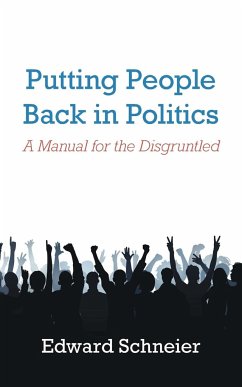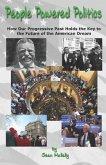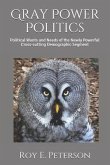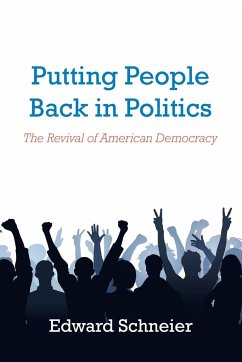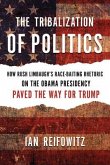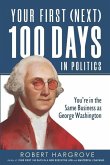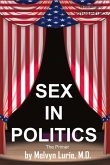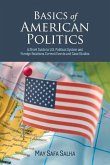Seldom in America has there been a greater outburst of activism than that following the 2016 elections. Many millions have demonstrated, organized, and contributed to the causes of peace, justice, and good government. Most of them are wasting their time. This short book offers a guide to effective political action. While there are few clear rules of political efficacy, there are ways of doing things that manifestly work better than others. What I have tried to do in this short book is to make the sometimes arcane works of scholars and practitioners accessible to a wider audience. As campaigns and elections become increasingly professionalized and money-oriented, real reform is possible when we put ordinary people back in politics. Here is how.
Hinweis: Dieser Artikel kann nur an eine deutsche Lieferadresse ausgeliefert werden.
Hinweis: Dieser Artikel kann nur an eine deutsche Lieferadresse ausgeliefert werden.

